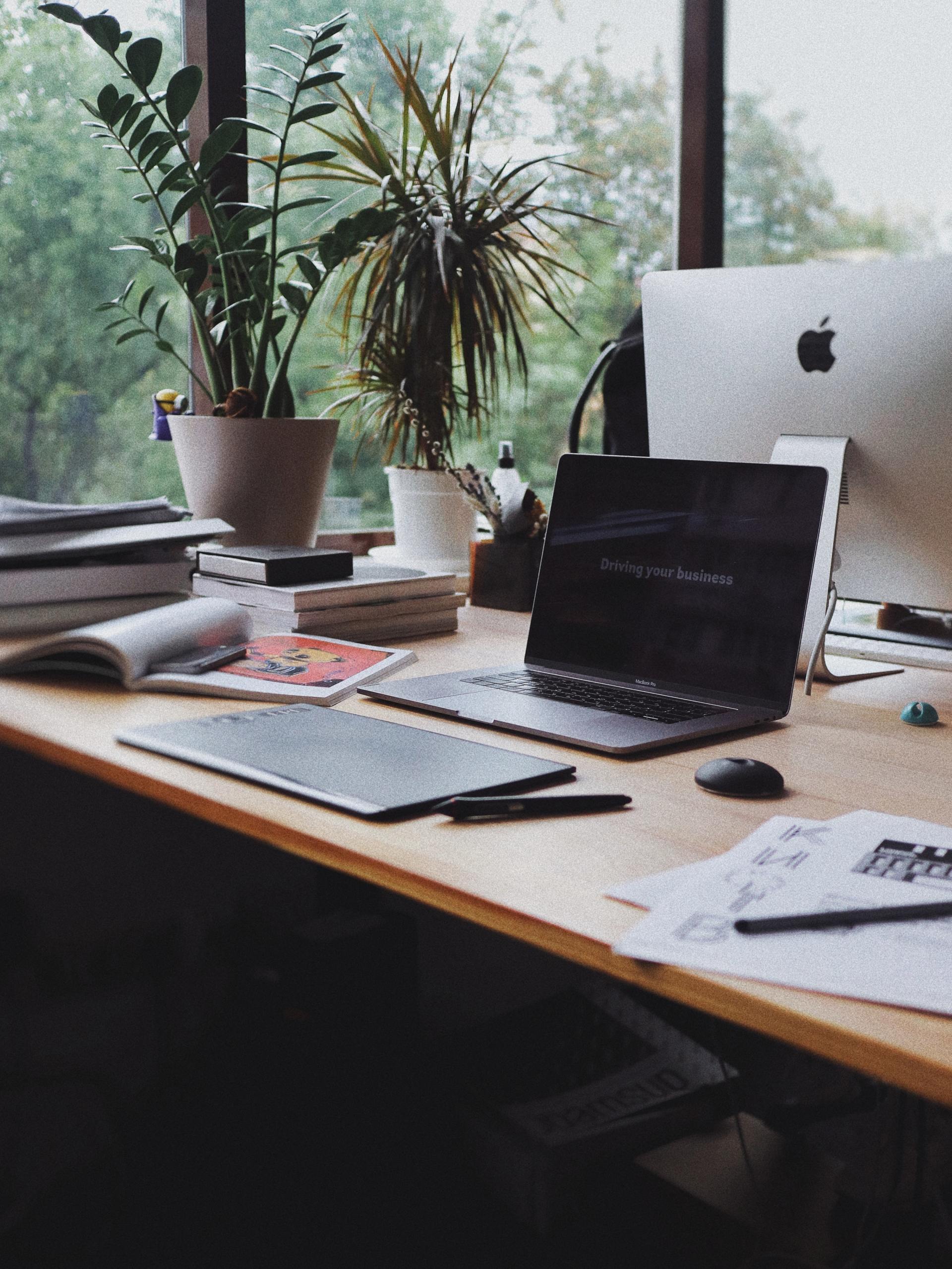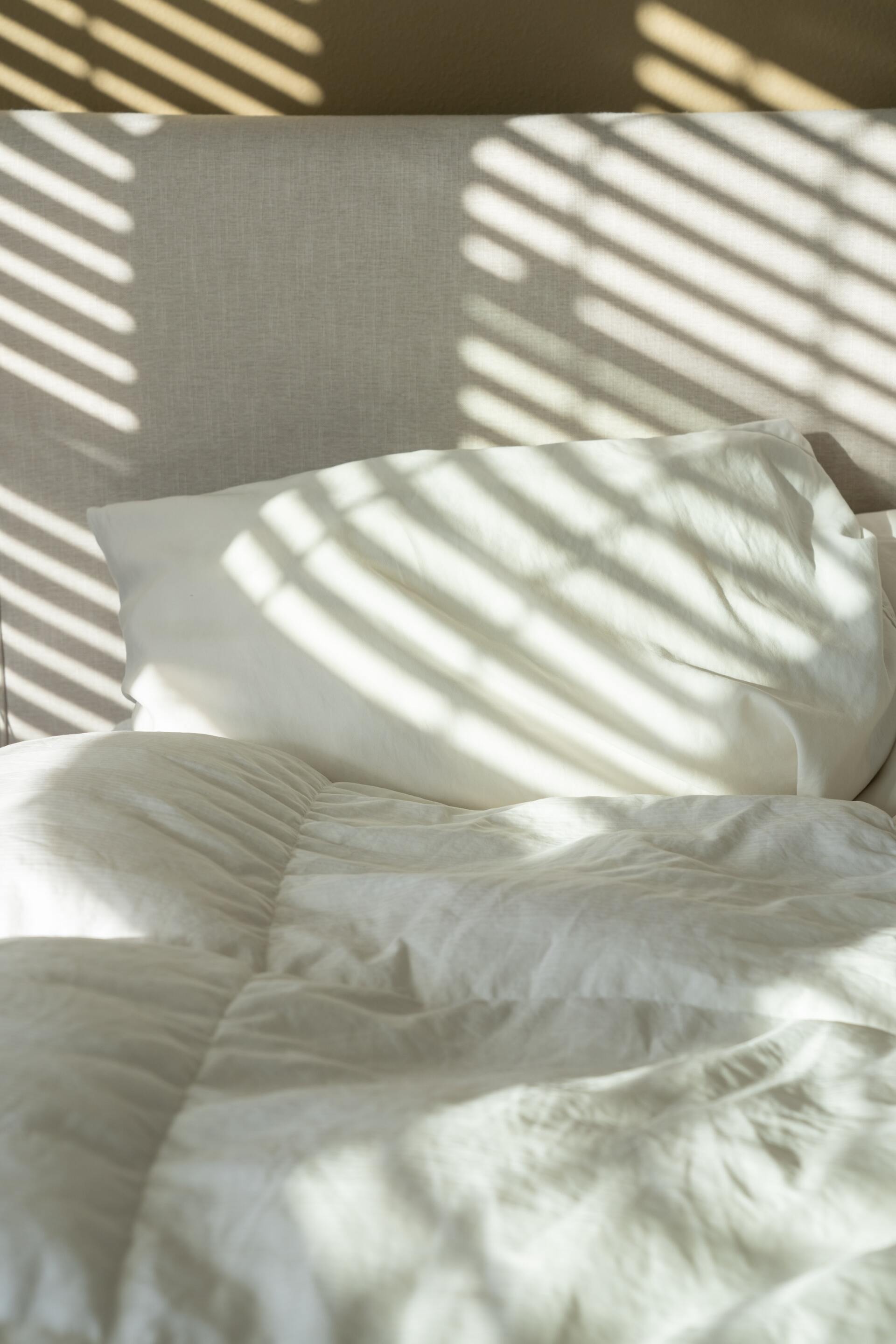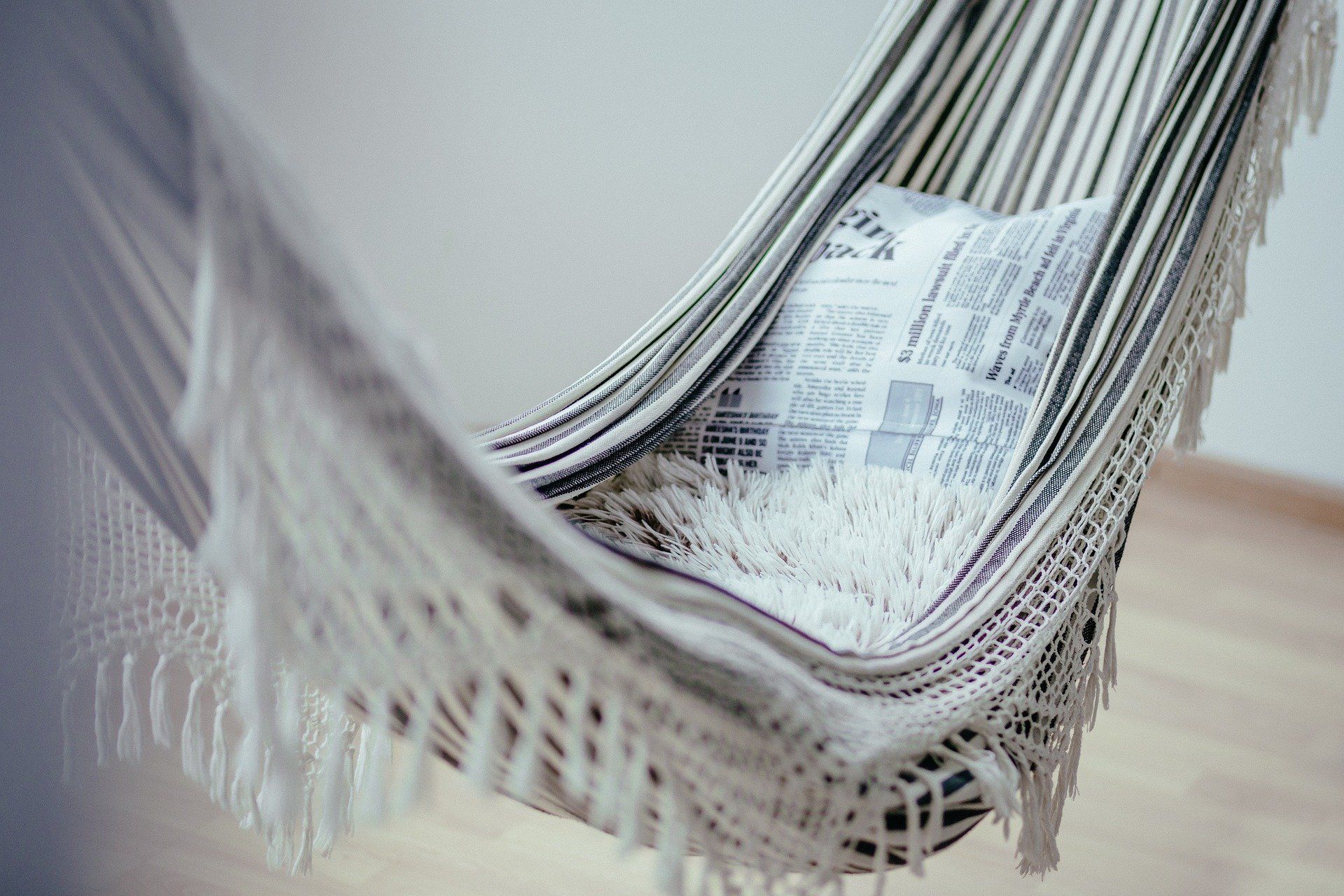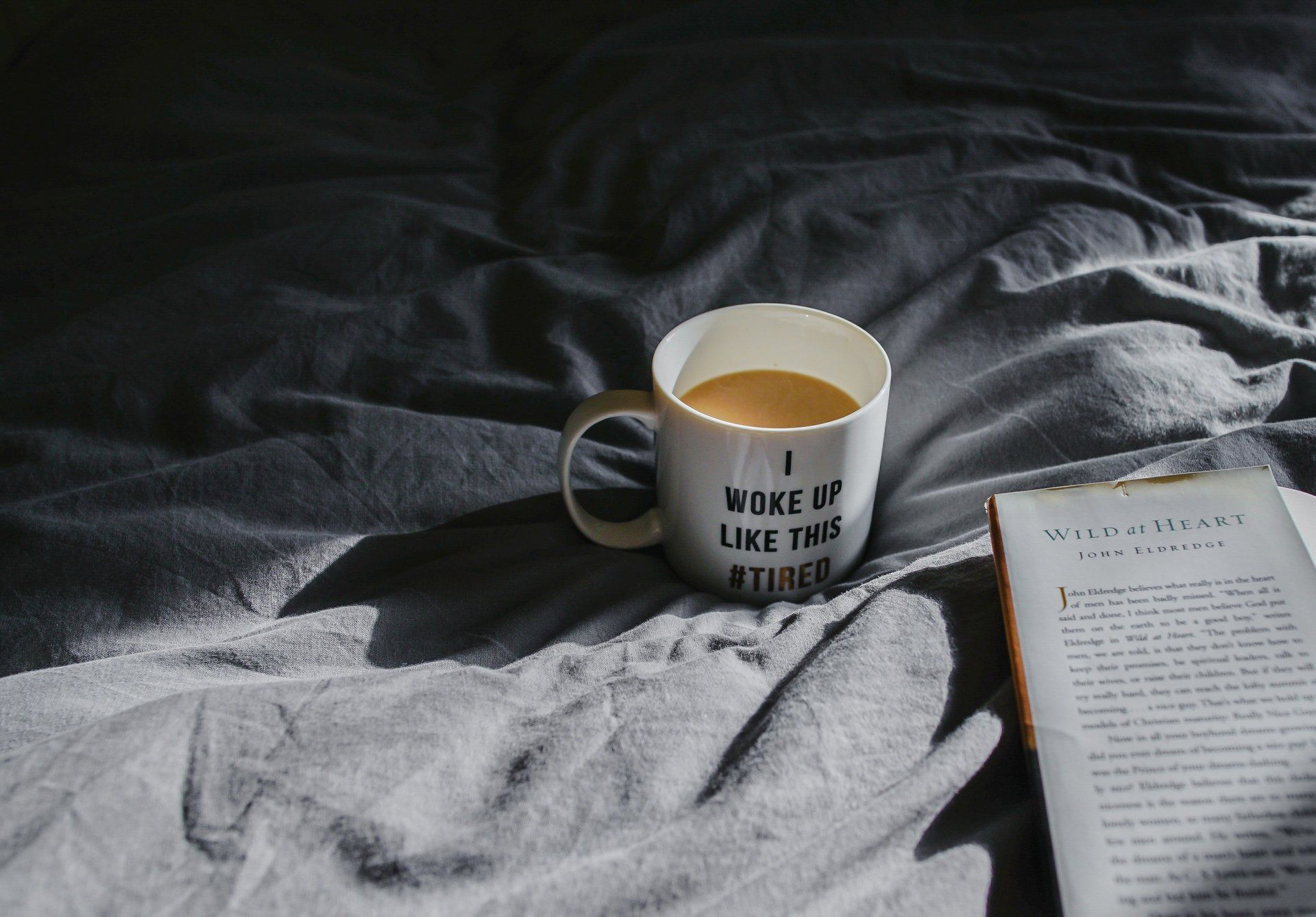Restful Thoughts

What work do you do? I wonder how you would answer to this question? You might say; ‘I’m a nurse’, ‘I’m a lawyer’, ‘I work in advertising’….. But for all of us, our work is so much more than our paid employment. It is confusing because today we tend to use the word ‘work’ to talk about the thing that we get paid to do. As a result, many people might say that they ‘only work part time’, but that is usually because they are unable to be in paid employment for longer hours due to all the other responsibilities (or work) that they have to do. We talk about leaving work at the end of the day and having weekends or days off but much of this time is spent doing work too. We might call it something different like chores, or jobs or errands but whether it is cleaning, cooking, home admin, shopping, DIY, washing, gardening, caring for other members of the family, the list is endless – it is all work. It all drains our energy. During Lock Down work has become even more complex. With the boundaries being harder to keep between our paid employment and our work in the home. As well as having to adapt to doing our jobs in a new way and in a new environment, many have also had to take on additional roles of child care and home schooling, even more work! All this focus on work, also raises the question as to when, where and how do we rest? How do get refreshed, refilled and reenergised? Rest is essential and we can’t work well without it. Rest and work compliment each other and we all need to find a healthy rhythm of rest and work for our lives that is sustainable. But for many of us, when we consider all the work that we do, there is little if any time for us to rest well. I had a conversation with a teacher at the end of Half Term. She was exhausted but couldn’t understand why. But during the previous week she’d been cleaning the house, gardening, reorganising cupboards, stripping and painting garden furniture, as well as trying to maintain relationships with family and friends that got neglected during the school term. I thought it was obvious why she was still exhausted but she couldn’t understand it because in her head she hadn’t been ‘working’. In fact she would have said that she had had a holiday! So maybe - ‘what work do you do?’, isn’t such an easy question after all! Recognising all the work we do in a day/week/month/year can help us to understand why we might be feeling so weary or even exhausted; physically, emotionally, mentally, socially and spiritually. If you are contemplating making significant changes to your working life, then it is important to consider not just the job you are doing, your paid employment, but also the bigger picture. Having a clearer idea of all of the work that you are doing, will enable you to realise the rest that you need and help you to begin to discover a healthier rhythm of work and rest that is sustainable and that is right for you at this time.

So many people tell me that they are exhausted or if not exhausted, then really tired or just plain weary all the time, desperate for a holiday. This has become a normal state for a lot of us for much of life. Some time ago I got a camera out of the cupboard ready to take on holiday, but having found it, the message on it read “Battery exhausted – ok”. My immediate reaction to this was, NO it is not ok! I needed the camera to be charged and ready to go, not exhausted. I think for many of us though, our ‘batteries’ are giving us the same message – “you are exhausted” – and our reaction to this message is to say “ok” and carry on. But being exhausted is not ok, it is not a state of being that we can live with until our next holiday. That feeling of exhaustion is a message, a warning even, and we need to take note. If we feel hungry, we don’t just think ‘ok I’m hungry’ and carry on with life doing nothing about it, at least not for any length of time. The feeling of hunger is a signal, a message that requires some action on our part. It might be that circumstances mean that at that moment we can only manage to grab a snack. However, we have learnt that regular meals are required in response to hunger because we know the consequences of ignoring that signal long term or only ever eating quick snacks. So maybe it would be helpful to think of feeling tired, constantly weary or exhausted as our body’s way of signalling to us that we need to rest, in the same way that feeling peckish, hungry or starving is a signal to us that we need to eat. Actually, most of us know in advance that we need to eat regular healthy meals and try and plan those into our day so that we don’t ever get too hungry, let alone starving, even if we do sometimes get a bit peckish. So next time you notice that you are tired, weary or even totally exhausted, think about how you are going to take the rest your body is telling you that you need. Maybe a walk in nature or maybe sitting with a hot drink and a good book. What is the rest that you need? It may be that at that moment you can only take the rest equivalent of a snack, but perhaps it’s time to think about incorporating the rest equivalent of regular healthy meals into your daily life. What is restful for you?

Having to stay at home brings with it many challenges and these challenges will be different for each of us depending on a whole variety of factors. I have been reflecting on how being an introvert, or an extravert might affect our experience in this extraordinary time. In particular, how does this aspect of our personality influence the way in which we rest or recover from all that drains us in life, and how can that understanding help us to be able to find ways that help sustain us in the current situation. There are many things written about Introversion and Extraversion. Still, by an introvert, I am talking about someone who is re-energised, refreshed and restored primarily by spending time on their own, having space, silence, solitude and stillness. Whereas, an extravert would be more likely to be re-energised, refreshed and restored by spending time in communication, community, collaboration and company. For some of us having to stay in means, we are home alone, physically isolated from everyone but on the other hand, mostly in control of our own environment. For an introvert, this may actually not bring too many challenges; but for an extravert this could feel stressful, draining or even exhausting. The challenge for the extravert in this scenario will be to find new and safe ways to connect with others, to find virtual community and conversations with individuals and groups by creative and maybe unfamiliar means. Many people are initiating video conversation with friends, meeting virtually for coffee, and organising group gatherings on line. If those you would like to connect with aren’t already doing this, maybe you could be the one to initiate something. There are also many schemes connecting people in local communities, either to help or be helped. In the past, you may not have had time to be well connected into your local community; here’s an opportunity to meet a whole new group of people. So many activities are becoming available online that being with others while also being home alone, has never been easier, from exercise classes, pub quizzes, to church services and choirs. Have a look and find what works for you. For others staying at home means being surrounded by others in a relatively small space. Each person with their own needs and personalities. For the extraverts among us, it may feel like party time and they may be in their element. However, for an introvert, this may be overwhelming, anxiety-provoking and exhausting. For the introvert in this situation, the challenge is to find ways to have time alone, pockets of quiet even if you need earphones to achieve that. Choosing to go for a walk alone, to soak in the bath or retreat to your bedroom (or spare room if you have one) are all ways of creating that vital quiet space. You may also need to be careful about how much you communicate with those outside the home, how many group chats you join or video calls you accept. You may not be able to easily control the amount of contact you have with those you are sharing your home with, so think carefully about any extra communication where you do have a choice. Maybe you could even book a call with yourself once a day (or more often) and put it in your diary. It will give you a reason for refusing someone else’s request to talk (because you already have a call booked in) and it will provide you with a reason to disappear to a quiet space so you can take the ‘call’ in private. In both cases, recognising what you need is the first step. Finding new and creative ways to meet that need will take a little time and require experimenting and reflecting on what works for you and what doesn’t. The situation we are now in is not going to pass quickly. It is worth investing some time early on to figure out how to make your situation sustainable, whether you are an introvert or an extravert. We all need to make sure we keep as energised and well as possible, for both ourselves and for those you are in community with, both real and virtual. And remember those you live with may fall into either one of the two groups, introvert or extravert, or both. However, they may not be aware of their own needs or reactions to the situation they find themselves in these strange times. Perhaps you could start a conversation today around the introvert/extravert needs of those with whom you share your home.

Many of us are not doing our normal jobs at the moment, and we may be doing less physical activity than usual, but that doesn’t mean we are not working hard. Mentally we are all trying to figure out how to do life in these extraordinary times. Whether you are working at home for the first time, with all the challenges that this brings, or you may be trying to juggle three jobs at the same time, you're paid work, parenting and teaching. Or even just trying to find a way to get enough food for next week, perhaps not only for yourself but for vulnerable others as well. We are all problem-solving in many and various new ways at the moment, and this can be tiring. Many of us are working very hard emotionally right now. Caring for our families, friends and neighbours who may be struggling with the crisis emotionally themselves. We may be concerned, anxious, or even fearful ourselves about what tomorrow may bring. We are grieving for those occasions, events or regular activities that are important to us but no longer possible. All this is going on even if we and all those we love are well and safe. But of course, it is multiplied if anyone we care about is unwell. This emotional work drains us of energy and can leave us feeling exhausted without having actually ‘done’ anything. Social distancing and social isolation have brought changes for all of us in different ways, and the effect can be socially exhausting. Either because we have little or no contact with anyone else, or because we are living in very close quarters with others and everyone seems to want to connect with us but in new and unfamiliar ways. We may be struggling with having too few or too many interactions in a day - either can be draining. In addition, many are finding that connecting through video calls is a great tool in this time, but it can be much more tiring than meeting with people face to face. Lastly, during this time the big questions of life are starting to crop up, ones we usually can manage to happily ignore. Questions about life and death, about what I value most, what am I prepared to sacrifice, who do I trust, and what do I put my faith in. Some of us will be reflecting on these issues seriously perhaps for the first time, others will be working really hard to avoid thinking about these questions. Either way, this is spiritual work. So even if we sat in a chair all day and ‘did’ absolutely nothing, at the moment, we will all be working hard, mentally, emotionally, socially and spiritually if not physically. So, if you are feeling more tired than usual or completely exhausted, even though you feel like you are doing very little, this is not surprising. Be kind to yourself, and those you live with who may well be feeling the same. Take time to rest, you need it, maybe now more than ever.

